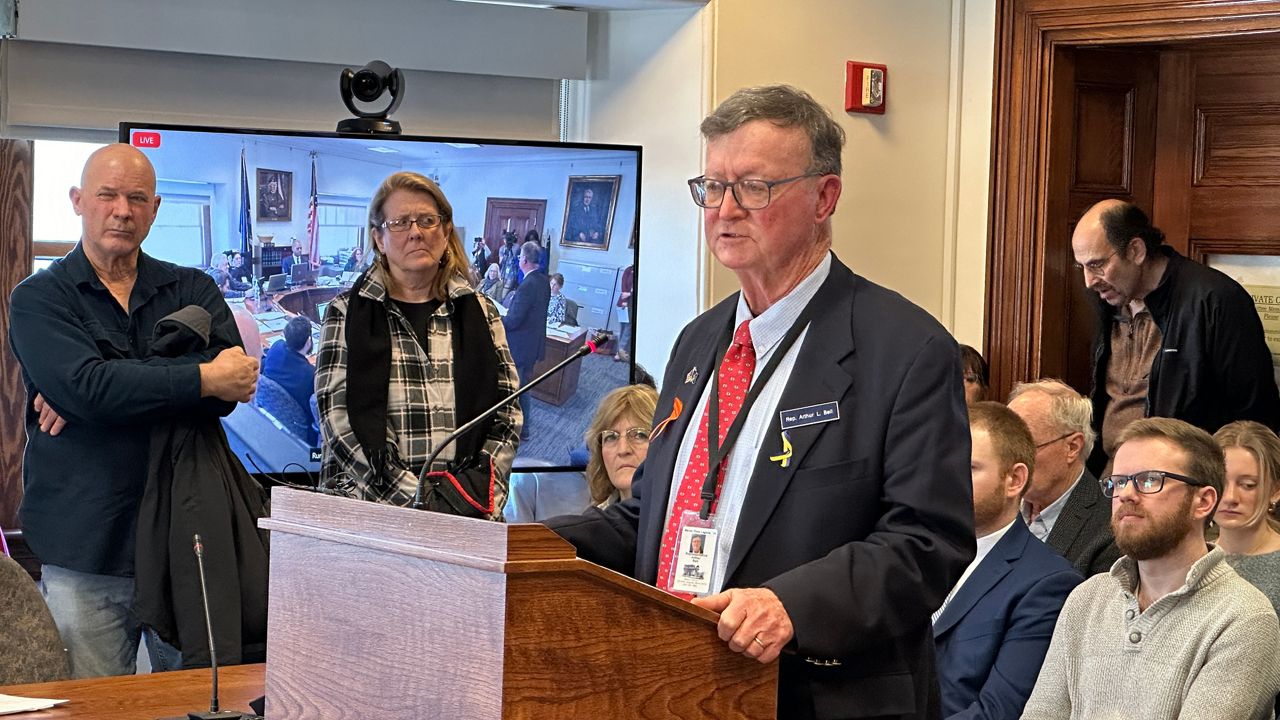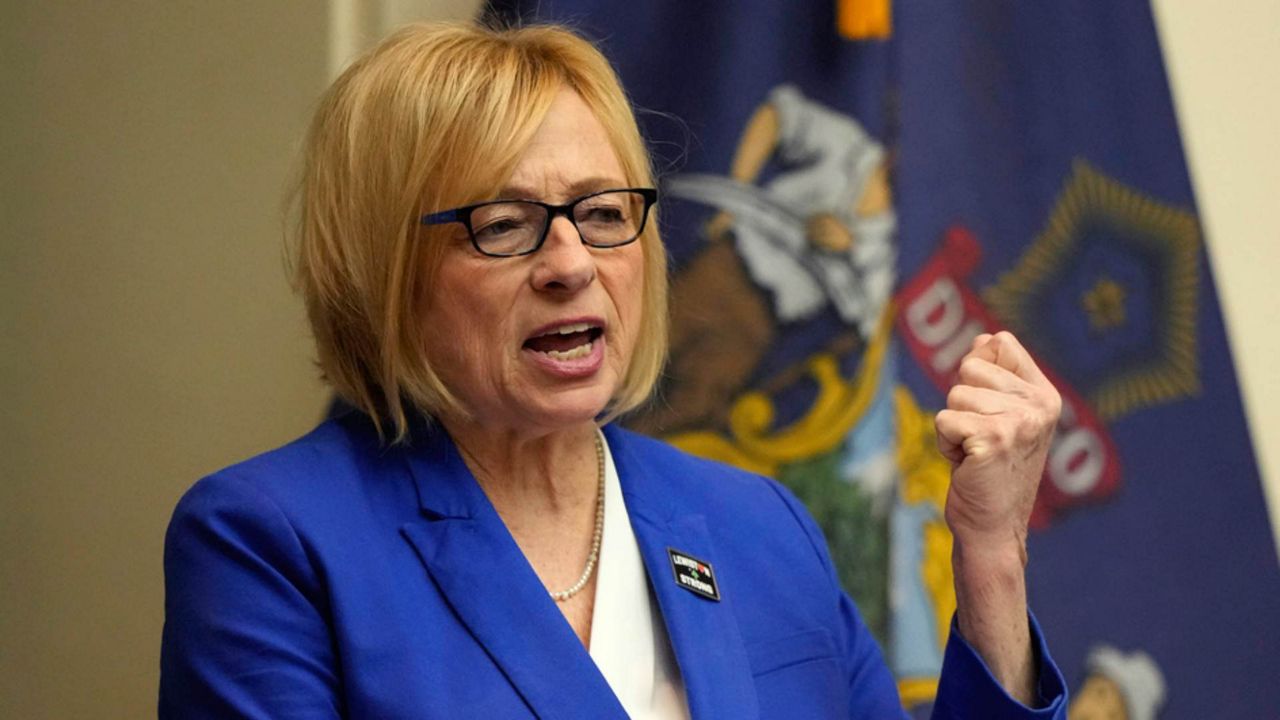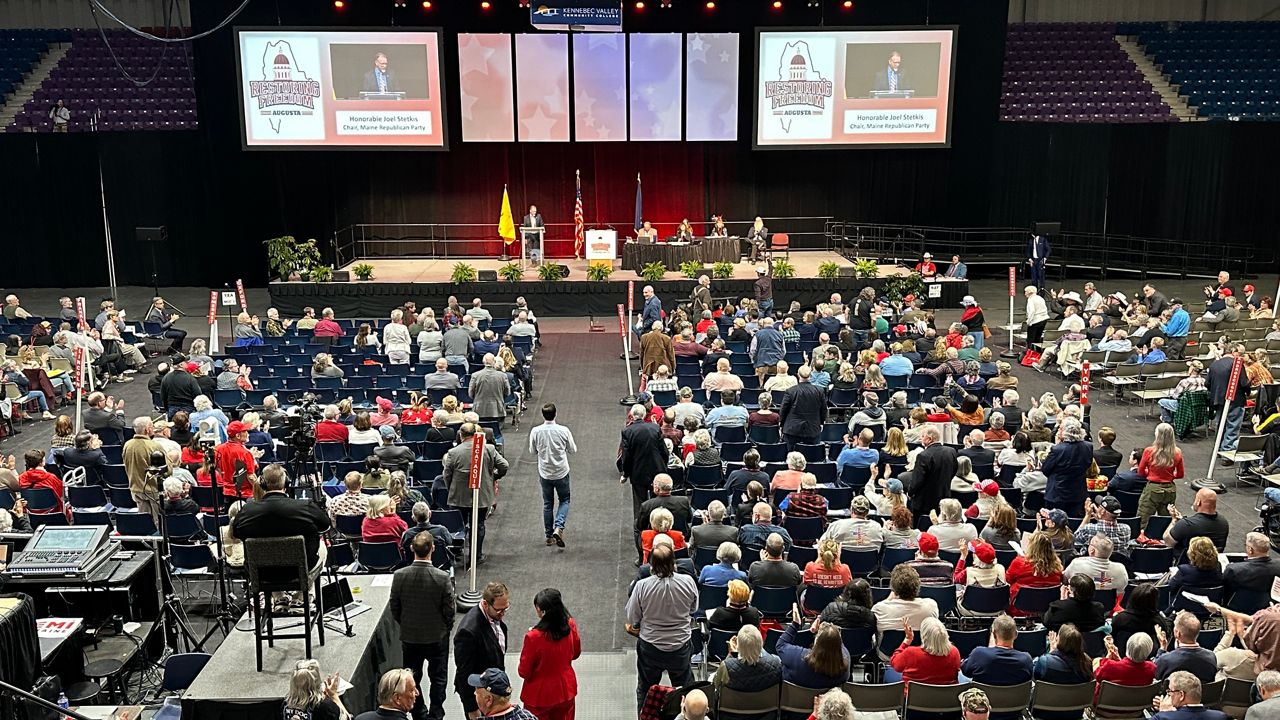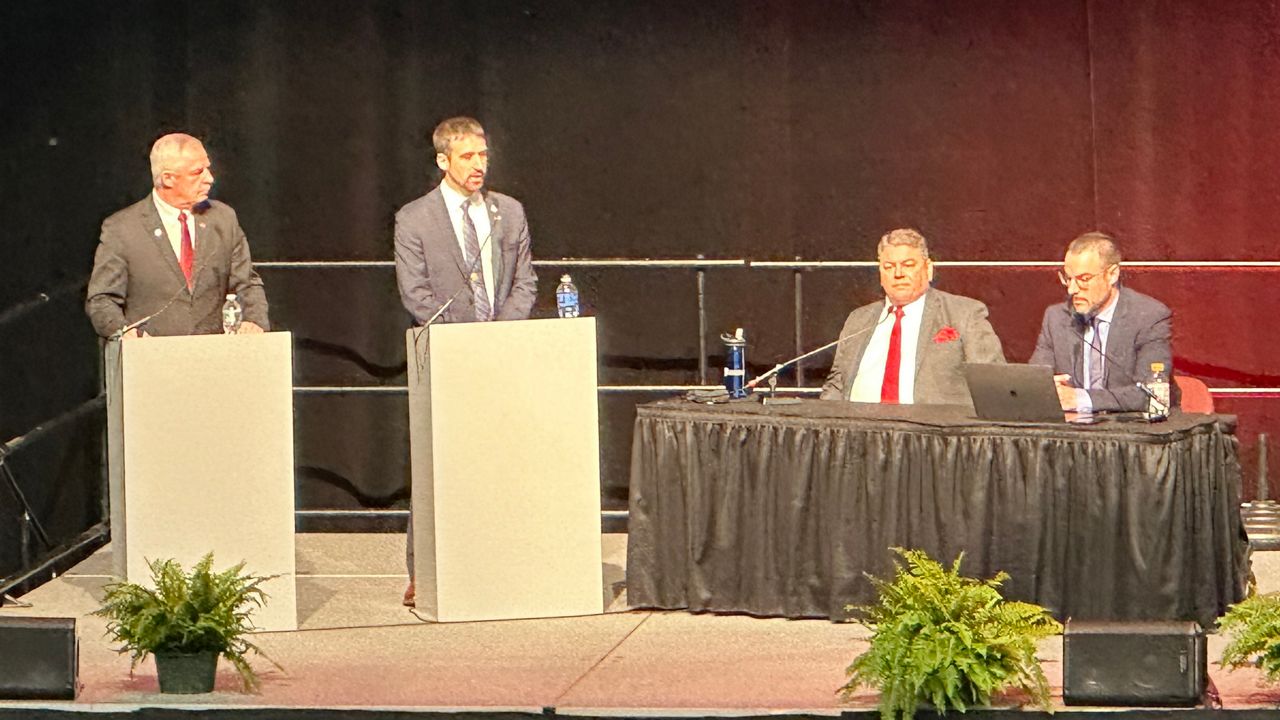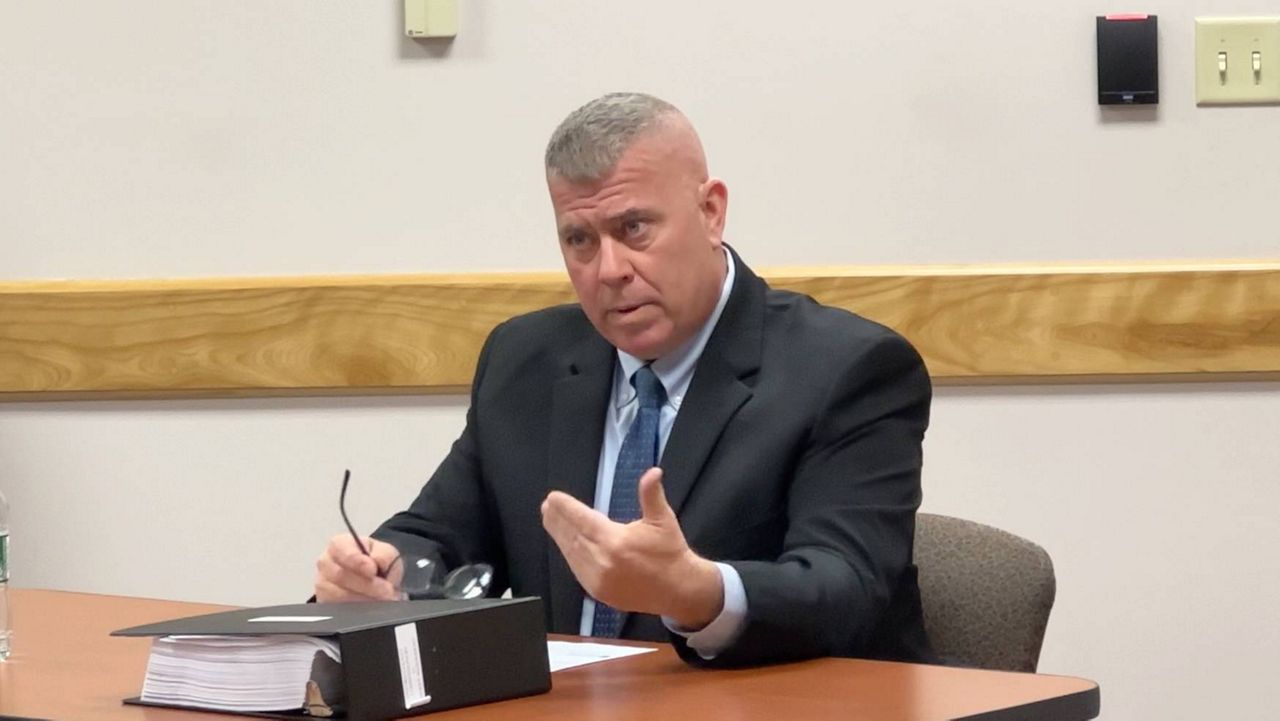Supporters of a bill to have Maine join other states in moving away from the Electoral College and toward a popular vote system for presidential elections say it’s time to make a change.
“The way states award electoral votes today is creating problems for our nation,” said Rep. Art Bell (D-Yarmouth). “The current system has elected the second-place candidate twice in our lifetimes and five times in the history of the country. Five out of 46 presidents is not an error rate we should be proud of.”
Bell is the lead sponsor of LD 1578 “An Act to Adopt an Interstate Compact to Elect the President of the United States by National Popular Vote.”
Maine lawmakers have considered similar versions of the same bill since 2007 but have failed to join the compact.
Under the compact, all of a state’s electoral votes are awarded to the presidential slate with the most popular votes in all 50 states and the District of Columbia.
So far, 16 states and DC have agreed to join the compact, representing 205 electoral votes. But more states need to join to get to 270 electoral votes so the system can be used in presidential races across the country, Bell told members of the Legislature’s Veterans and Legal Affairs Committee on Monday.
Maine has only four electoral votes and supporters argued that switching to a popular vote system would make smaller states like Maine more relevant.
But opponents said Maine is already well positioned, because it’s one of only two states to split its electoral votes. For example, in 2020, former President Donald Trump earned one electoral vote from Maine by winning the 2nd Congressional District, while President Joe Biden got three electoral votes from Maine by winning the 1st Congressional District and the statewide vote.
Jon Reisman, a retired professor at the University of Maine at Machias and 1998 GOP candidate for the 2nd Congressional District, said the Electoral College is a way to balance power between the states and the federal government.
“The National Popular Vote interstate compact is a too clever by half effort to do an end run around the Constitutional amendment process,” he said.
Jasper Hendricks, a Tennessee resident who worked on the Hillary Clinton campaign, said he worries that a change to the current process would be disruptive.
“This is not ready for prime time,” he said. “It is only going to cause more confusion.”
Yet Chris Pearson, a former Vermont state representative, told the committee that because a handful of swing states dominate presidential elections, only 18% of the country will choose the next leader.
“People are losing faith in our systems,” he said. “Our democracy is on the ropes. But in front of you is an idea that is firmly based in the Constitution and supported by two out of three voters.”
The committee will vote on the bill in the coming weeks.




